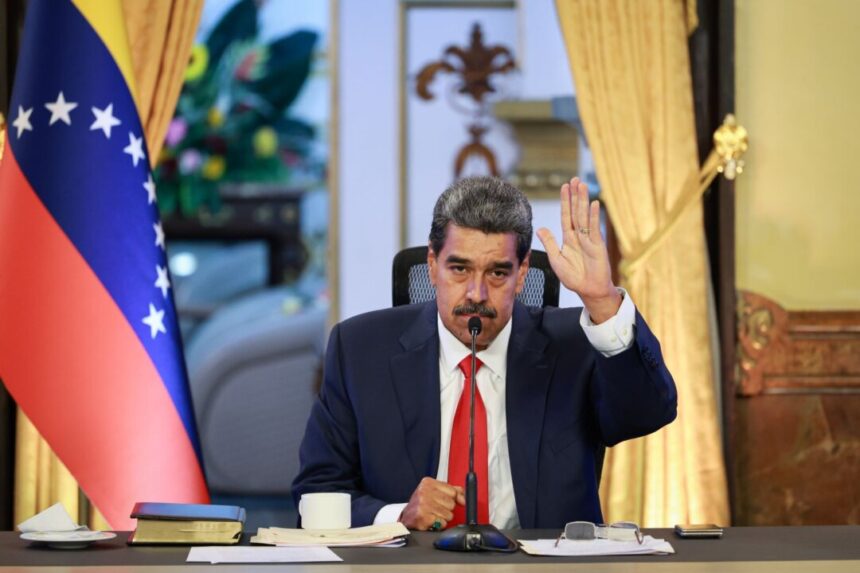Foreign policy analyst Victoria Coates says historically Venezuela has been a friend of the United States. She believes that the current situation in Venezuela represents a missed opportunity for the U.S. With only 73 days until the election, embattled President Nicolás Maduro could be feeling confident, despite evidence suggesting he lost the election. The lack of focus on Venezuela by U.S. politicians is concerning, especially considering the waves of migrants fleeing the country.
Coates highlights the confusion within the U.S. administration regarding Venezuela, with conflicting statements about the election results and the administration’s stance on new elections. She points out that Vice President Biden, now a presidential candidate, has not laid out any policy positions on Venezuela, potentially leading to the issue falling through the cracks.
The situation in Venezuela is significant for the U.S. due to its size, energy production, and historical relationship with the country. Coates emphasizes the need to influence the situation in Venezuela and not waste the opportunity to do so.
The crisis in Venezuela has led to economic decline, currency devaluation, food shortages, and poverty. Maduro’s attempt to hold onto power despite evidence of election fraud has been met with loyalty from the military, making a change in leadership challenging.
Coates underscores the critical role of the military in Venezuela and the need for potential defections to change the current situation. The regime’s promotion of wounded soldiers, social media campaigns, and slogans aimed at maintaining loyalty indicate the importance of military support for Maduro’s rule.
One suggestion is to impose sanctions on senior officers in the Venezuelan military as individuals, according to Coates.
She emphasized the importance of making these officers worry about their ability to travel to Miami, a common destination for them.
However, Batlle noted that there is currently no indication of a similar intervention happening in Venezuela anytime soon.
Cavard, a human rights activist specializing in monitoring left-wing regimes in Latin America, suggested that the only effective approach to dealing with the Maduro regime is to impose a military blockade.
He pointed out that commercial and diplomatic sanctions have proven ineffective as Maduro and his associates simply adjust to them.
Cavard stressed the need for a physical blockade to make the regime feel the pressure and encourage the people within the country to seek support from external sources.
He also criticized the Barbados agreement signed by Maduro in 2023, describing it as a humiliating example of Western nations bowing to Cuban and Venezuelan regimes.
Cavard criticized the amnesty granted to Saab in exchange for promises of free and fair elections in Venezuela, labeling it as a misguided concession.
Negotiating With ‘Terrorists’
According to Cavard, negotiating with the Maduro regime is equivalent to negotiating with terrorists due to their criminal activities and human rights violations.
He highlighted the regime’s suppression of dissent, including imprisoning protesters and forcing employees to resign over political views at state-owned companies like PDVSA.
Despite the challenges, Coates believes that cracks may be forming within the Maduro regime, pointing to leaks of vote tallies as potential signs of internal dissent.
Regarding the stance of the Republican candidate for the White House, Coates mentioned Trump’s skepticism of election results in both the U.S. and Venezuela, as well as his implementation of stricter sanctions on Venezuela during his presidency.
Historically, U.S. presidents have taken swift action to remove dictators and address threats in the Western hemisphere, but such interventions have not occurred during election years, potentially saving Maduro from immediate removal.
Please rewrite this sentence.
Source link




